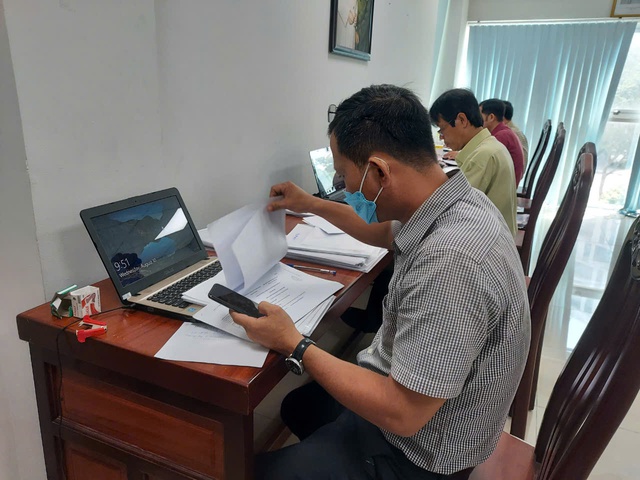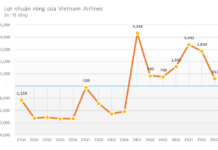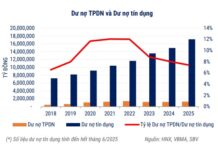In the draft Decree on regimes and policies for officials who are not eligible for reappointment due to age limits in Party, state, Fatherland Front, and socio-political organizations, the Ministry of Home Affairs proposes that officials and civil servants who are not eligible for reappointment due to age and have less than two years left until retirement age may retire early if no suitable alternative position is available or if they do not wish to retire early.
During this period of early retirement, these officials and civil servants remain under the management of their respective agencies and continue to receive certain benefits and entitlements, including their original salary grade, level, position allowance, seniority allowance, professional allowance, and salary differential (if any). They will also continue to be covered by social insurance and health insurance, with contributions based on their salary and allowances as stipulated by current laws and regulations.

Civil servants who are not eligible for reappointment due to age and have less than two years left until retirement age can retire early.
However, other benefits such as service benefits and phone allowances will cease to be enjoyed starting from the month following the month of the early retirement decision. For officials who are not eligible for reappointment due to age and are provided with a regular service vehicle during their tenure, the agency shall arrange for transportation to and from meetings, conferences, or medical appointments upon request. If the agency is unable to provide transportation, the official may arrange their own transportation and be reimbursed according to current regulations.
These officials on early retirement will not be counted against the agency’s personnel quota.
This Decree is expected to replace Decree No. 26/2015/ND-CP dated March 9, 2015, of the Government on regimes and policies for officials who are not eligible for reappointment due to age limits in the Communist Party of Vietnam, the State, and socio-political organizations.
Compared to Decree No. 26/2015/ND-CP, the draft no longer includes provisions on regimes and policies for officials and civil servants who are not eligible for reappointment due to age but continue to work until they reach retirement age. The Ministry of Home Affairs explains that the continued employment of these individuals until retirement age is not considered a regime or policy, and the retention of salary and position allowances is implemented according to general regulations.
Can Civil Servants Retire Early with Full Pension Benefits After 15 Years of Social Insurance Contributions?
Retirees will not only avoid a reduction in their pension rate, but they will also receive a generous allowance of three months’ average salary for each year they retire early. This means that those who choose to retire before the standard retirement age will not only maintain their financial stability but also receive a significant financial boost.
The Department of Labor Reports to the Prime Minister a 9-Day Consecutive Holiday for Tet
The Ministry of Labour, Invalids and Social Affairs has announced that, due to the unique calendar configuration in 2025, where the days before and after the Lunar New Year fall on a Saturday and Sunday – which are already part of the regular weekend break for civil servants – they will be entitled to a five-day Lunar New Year holiday, along with the standard four-day weekend break as per regulations.
Who Can Retire Early Without a Pension Penalty?
Retirement often comes with a reduction in pension benefits for early retirees. However, are there any exceptions to this rule? In certain scenarios, early retirees may retain their full pension entitlements or even receive additional benefits. Understanding these exceptions is crucial for those considering early retirement, as it could significantly impact their financial planning and security during their golden years.
“A Proposal to Reduce the Standard Salary Increase Period for Civil Servants”
The current salary increment structure for civil servants is inadequate and outdated. The long wait between increments and the small increase amounts fail to keep up with the rising cost of living, leaving civil servants struggling to make ends meet. This outdated system needs an overhaul to better support those who serve the public.













































